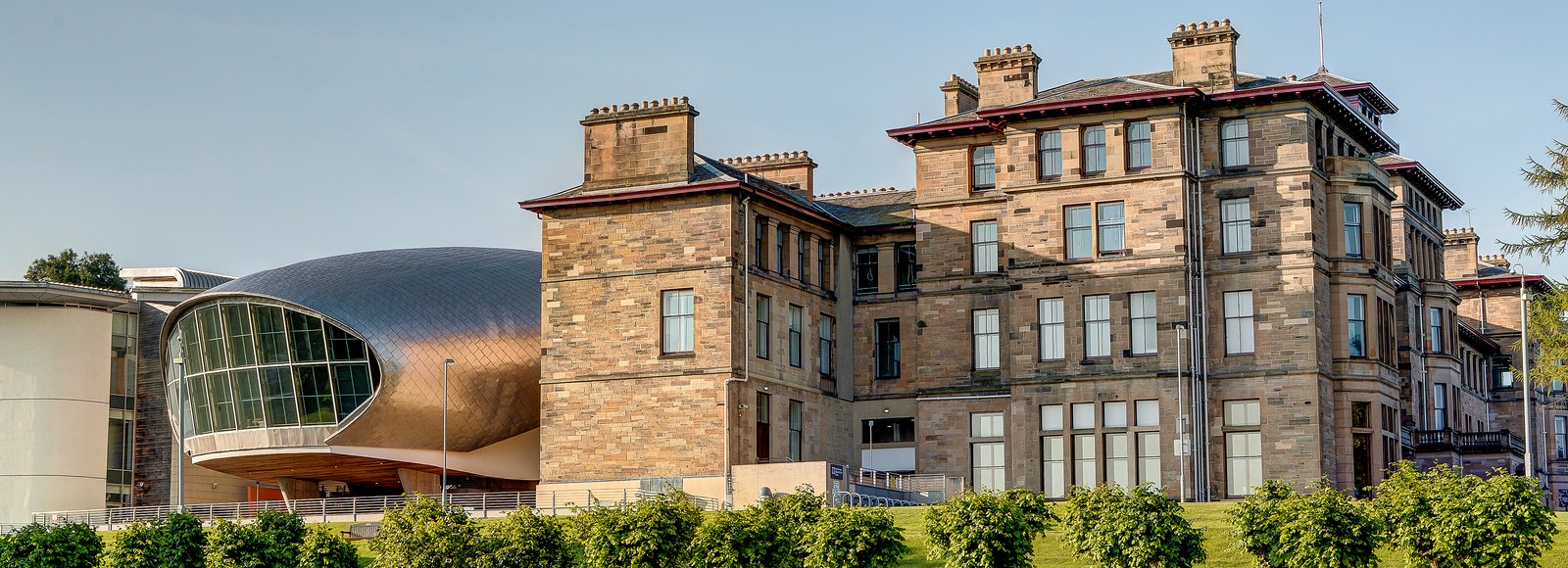- ...
Postgraduate Studentships - Search for funding opportunities.
Postgraduate Studentships - Search for funding opportunities.
This unique practical and applied course will develop specialised knowledge of clinical exercise science
Do you want to develop expert knowledge in the science of exercise assessment and prescription? Come and study with us and develop your scientific and applied knowledge.
The evidence demonstrating that physical activity reduces the risk of developing chronic conditions such as cardiovascular disease, cancer, obesity and type 2 diabetes highlights the need for clinical exercise practitioners with high level knowledge of physical activity and health who can work within community and healthcare settings.
This programme offers a well-balanced blend between practice and theory. The course is multi-disciplinary in nature covering aspects of exercise physiology, exercise and health psychology, biomechanical principles as well as clinical skills.
People often ask us, what does a Clinical Exercise Scientist do? A Clinical Exercise Scientist/Specialist/Physiologist supports people who:
are recovering from injury, or perhaps have a prior injury they do not want to exacerbate but would like to become fitter and healthier.
have a chronic health condition (such as cancer, diabetes, stroke low mood, depression and anxiety, hypertension, high cholesterol, asthma, obesity, osteoporosis, etc) for which exercise would be beneficial.
have goals around losing or maintaining a healthy weight
are looking for a tailored and prescribed exercise programme to meet health and wellness needs.
Here’s what Natasha Bowman, a recent graduate, has to say:
“This course provided me with many transferable skills, firstly learning and developing a knowledge around different clinical conditions like type 2 diabetes, Parkinson’s and cancer, and allowed me to understand customers’ conditions and how it affected them on a daily basis. This information is then used to help me provide them with the right support.
“The course also enhanced my ability to provide a more empathetic approach in my interactions. This allowed me to connect better with my customers; it promoted customer rapport and their confidence to become more independent, because they felt they could trust in me to help them.”
A Bachelor (Honours) degree at 2:2 or above. We look for candidates who have a background in Physical Activity & Health, Sport and Exercise Science, Sports Coaching, Psychology, Nursing, Physiotherapy or other Allied Health Professionals (AHPs) qualifications.
We may also consider other qualifications/experience which demonstrate through our recognition of prior learning process that you have appropriate knowledge and skills at SCQF level 10.
The University does not sponsor students to study on part-time programmes in the UK under the Student Visa route. International Applicants must therefore have other valid immigration leave to study on this programme.
For fees and funding options, please visit website to find out more
Please see our website for funding opportunities
Career opportunities include: Working for private health providers, GP exercise referral; programmes; Injury rehabilitation services; NHS and private hospitals; Exercise rehabilitation clinics; Fitness industry; Sports rehabilitation; Private practice; Research.
Our graduates have gone on to pathways within the NHS, and a range of health and well-being careers in physiology, health & fitness (e.g. Edinburgh Leisure, Nuffield Health), and in behaviour change in public health and community roles, and PhD study.
For module information for this course please visit https://www.napier.ac.uk/courses/msc-clinical-exercise-science-postgraduate-parttime

Whether you want to move up in your career, or onto a new one, our innovative, industry-focused postgraduate courses can give you the skills you need ...
Sign up to Postgraduate Studentships
Sign up to compare masters
Thanks for making your selection. Click below to view your comparisons.